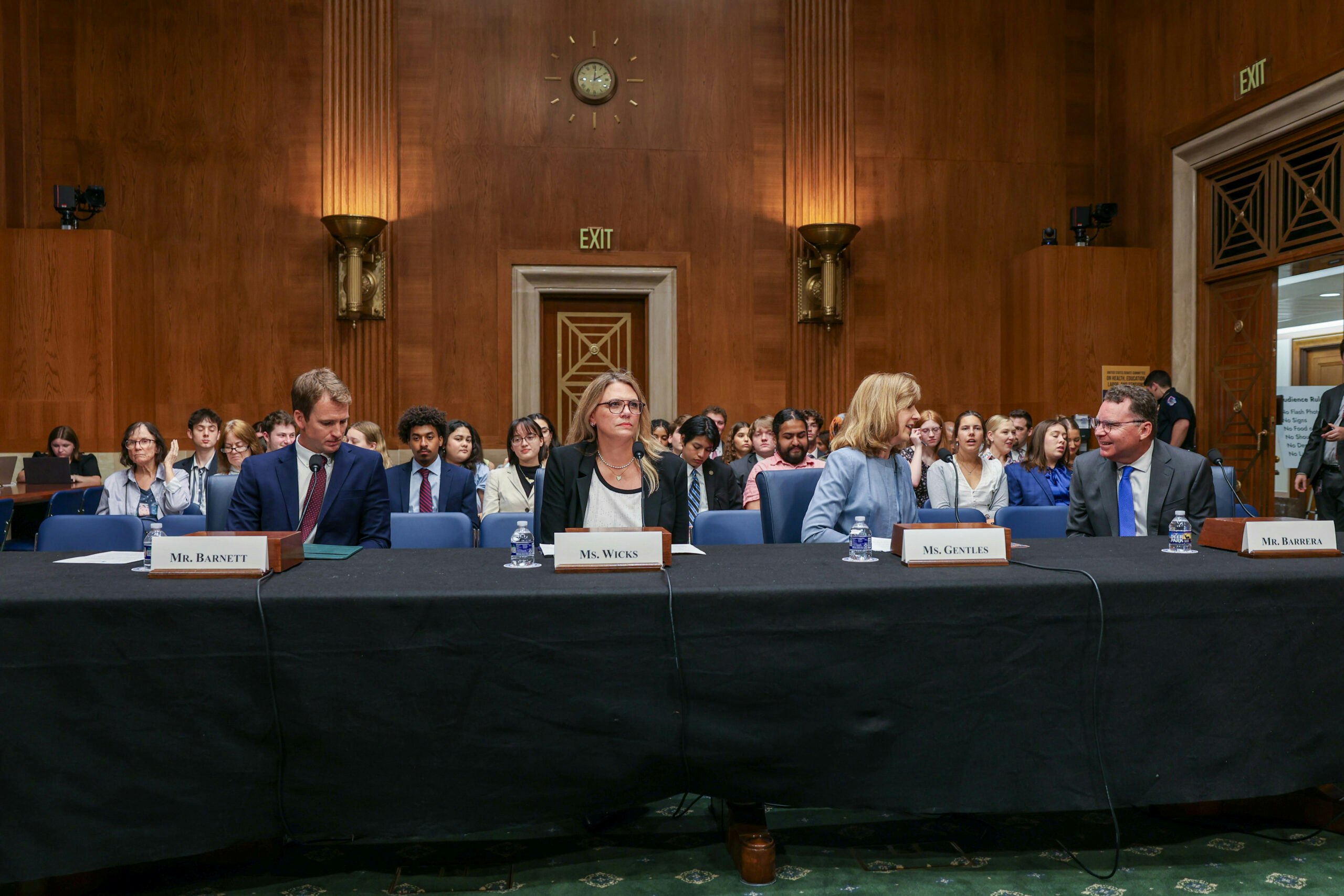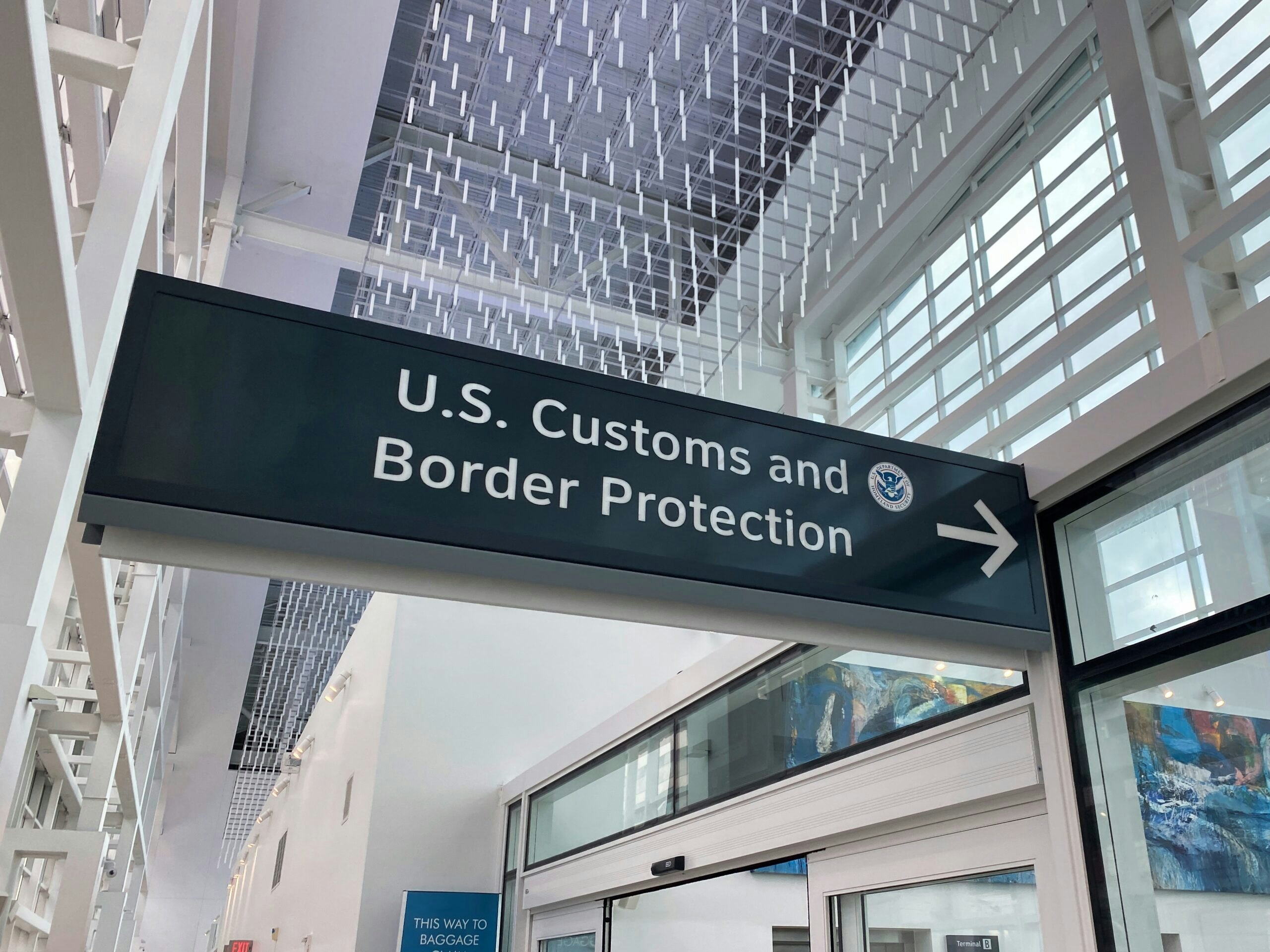Insights from Bush Institute immigration expert Laura Collins
According to The Washington Post, the administration plans to use funds appropriated for refugee resettlement to pay for voluntary departures of certain migrants to their home countries. On the list are migrants who might have a legal status in the U.S. – parole, Temporary Protected Status (TPS), or even a pending asylum request – from places like Haiti, Ukraine, and Afghanistan. This comes while the administration has announced the cancelation of TPS for Afghanistan and is defending its cancelation of TPS for Venezuelans in court.
Putting aside the argument about whether these countries are safe or not – and at the Bush Institute, we think Afghanistan is not safe – spending taxpayer funds to encourage people with legal work status, who fill open jobs in the United States, to leave just seems shortsighted from an economic perspective, too.
The United States has millions of open jobs, and our legal immigration system helps us fill them. Paying legal migrants to leave – even if they came via an irregular pathway like parole – is a lost opportunity to maintain our labor force. The United States needs these workers and more to maintain our future prosperity, vitality, and security.
Figure of the Month
800,000
That’s how many workers – many from Cuba, Haiti, Nicaragua, and Venezuela – may lose the ability to work in the United States due to the Trump Administration’s attempts to cancel their temporary legal status and work permits.
Data Dive
- In March 2025, immigration judges decided 10,933 asylum cases – the most in any month since at least 2001, reports Austin Kocher. Of those cases, a staggering 76% were denied – one of the highest rejection rates seen in decades.
- Immigration is top of mind for U.S. employers. Littler’s annual employer survey report found that 75% of business leaders expect their operations to be affected by changes in immigration policy. The number is even higher for those in manufacturing (83%) and retail/hospitality (89%), who expect enforcement by ICE and DHS to have a significant to moderate impact on their workplace. Even large employers are worried, with 69% expressing concerns about future staffing challenges.
What I’m Reading
- Rebecca Beitsch from The Hill reports that the Trump Administration has officially ended Temporary Protected Status for Afghan nationals, claiming that “Afghanistan has had an improved security situation, and its stabilizing economy no longer prevents them from returning to their home country.”
- The Migration Policy Institute and the Penn State Population Research Institute released a concise analysis on birthright citizenship, finding that restrictions could increase the size of the undocumented immigrant population significantly over time.
- Aiming to ramp up interior enforcement even more, the administration plans to deploy additional federal agents from the Border Patrol and the Department of Justice to arrest immigrants.
- Federal courts continue to rule in favor of due process for migrants deported to third countries, with a 4th Circuit panel recently upholding a lower court order requiring the U.S. government to work to return a Venezuelan man who was removed to El Salvador in March.
Bush Institute Insights
- My colleague Natalie Gonnella-Platts and I co-authored a piece calling attention to the mortal danger that Afghans who supported the United States during the war on terror now face, as the administration declined to renew their Temporary Protected Status. We urge Congress to act and provide a clear, permanent pathway for our Afghan allies to remain safely in the United States.
- I joined the Balancing Act with John Katko as a guest expert to discuss how due process rights extend to immigrants, legal protections for asylum seekers, and challenges in immigration enforcement, and court backlogs.
- I recently wrote about the potential negative policy implications of the data-sharing agreement between ICE and the IRS. The move will not only likely decrease U.S. tax revenue, but it will also prevent undocumented immigrants who fail to pay taxes from participating in a future legalization program.






























